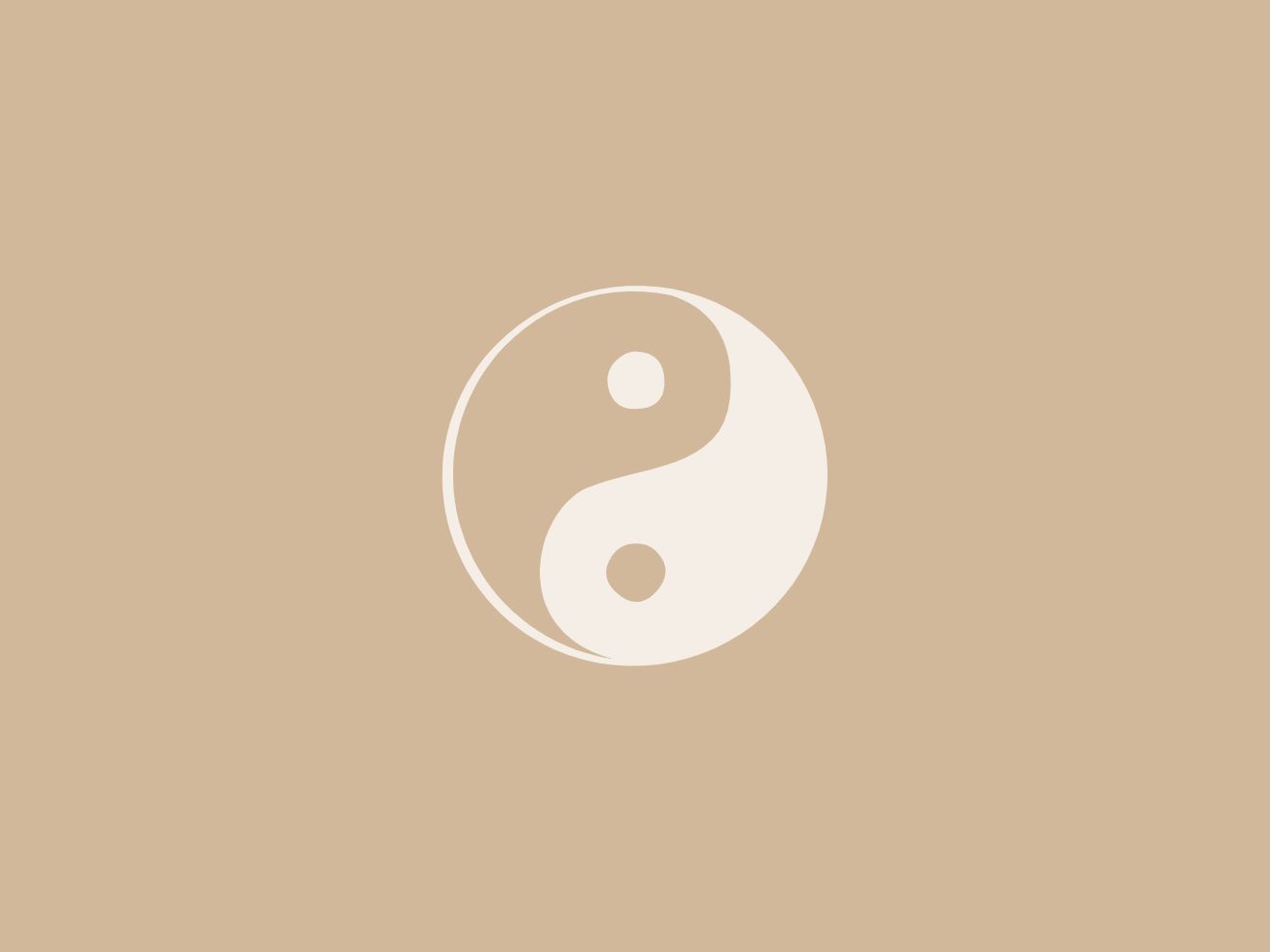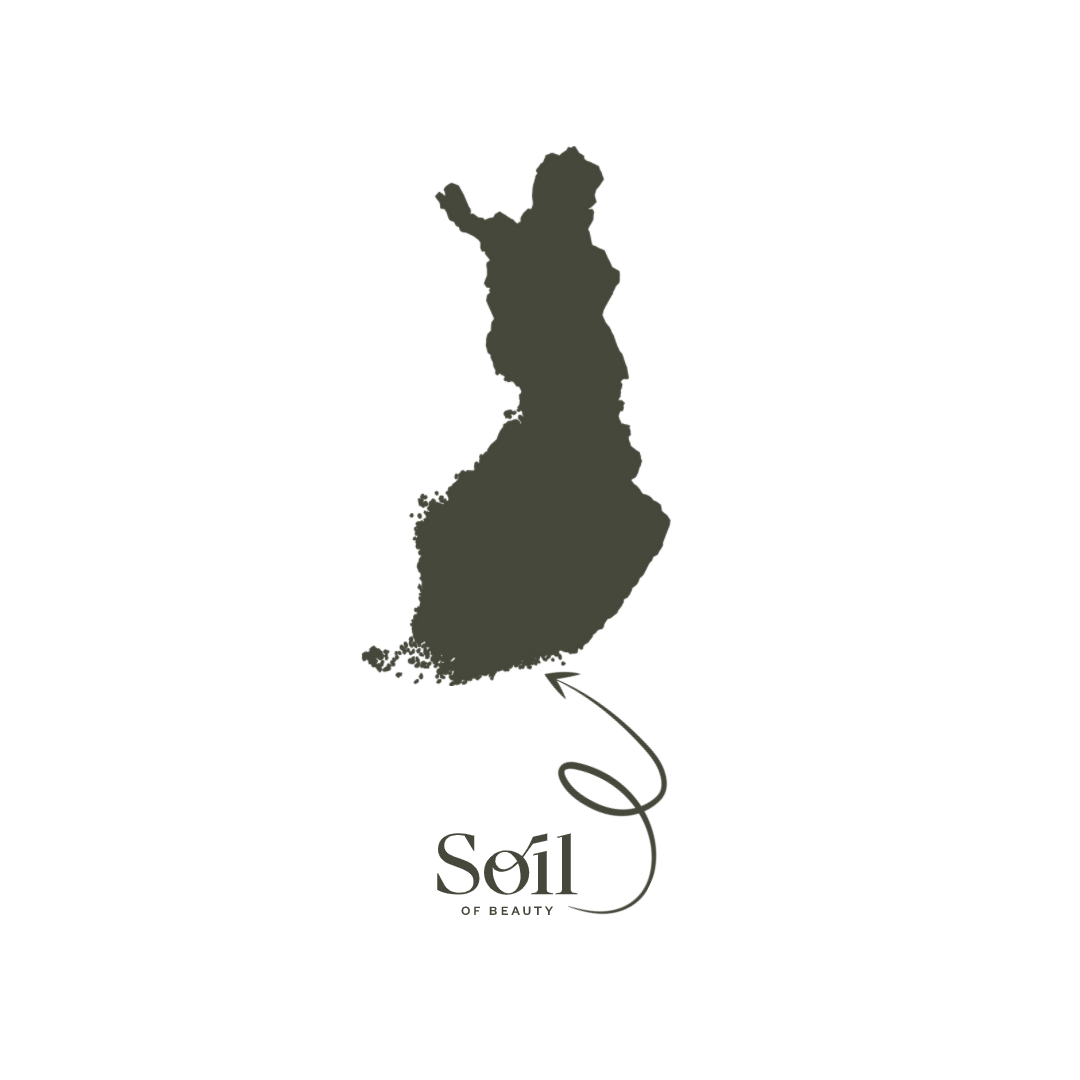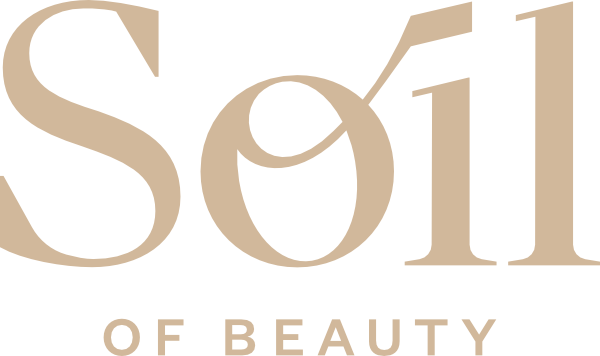Chinese medicine and anemia

Anemia and iron deficiency without anemia are now much talked about topics. Many have clear symptoms that point to anemia, but in blood tests the iron values are normal.

What could it be?
In Chinese medicine, we talk about Deficiency of blood*. This is not the same thing as anemia, but rather a condition that precedes anemia. The lack of blood refers to insufficient blood formation, due to which the blood is of lower quality and unable to nourish the tissues. The following symptoms are e.g.
- exhaustion / fatigue
- pallor of the face and lips
- dizziness
- poor concentration
- restless legs
- numbness / numbness in the limbs
- skin dryness, nail surface changes, lifeless hair
- dry / reddened eyes
- menstrual disorders
So you can have the symptoms in question and normal iron values in blood tests. Anemia is a common nutritional problem and is the basis of many diseases.
Anemia is caused, for example, by a wrong diet such as nutrient-poor food, snacks and raw food.
Vegetarians have an increased risk of anemia and iron deficiency, because vegetarian food contains poorly absorbed non-heme iron. Vegetarian food can also be of poor quality if a lot of artificial meat substitutes and few real nutritious vegetables and roots are used.
Chronic diseases and medications can also be the cause.
For women, heavy menstruation is a common cause of both anemia and iron deficiency. Low iron content increases the amount of bleeding, and heavy bleeding keeps iron stores low. In this case, it would be important to take care of menstruation. Chinese medicine and acupuncture can help a lot.
Hereditary factors can also be behind the deficiency of Blood. Current research already knows that the nutritional status of the parents at the time of conception is inherited by the child.
What else should be considered?
As I mentioned at the beginning, there is often a nutritional condition behind the lack of blood. Either the food is of poor quality or the digestion does not work properly and the quality of the Blood deteriorates.
Spleen and Stomach are responsible for receiving food and converting it. If this function is disturbed, the body and Blood will not be nourished. Problems with the Spleen and Stomach are very common, because they are easily disturbed by the current lifestyle, which includes stress, irregular meals, hurrying and eating too quickly, too much or too little exercise, sedentary work, cold drinks and foods. On an emotional level, too much worrying and worrying also weaken this stage of digestion.
If the deficiency of Blood continues for a long time, Qi, or energy, also weakens. In this case, the symptoms intensify exhaustion and fatigue. There may also be shortness of breath.This condition resembles the anemia known in the West.
If you suspect an iron deficiency, it's a good idea to check your hemoglobin and storage iron with blood tests. If the values are normal, you should pay attention to your diet, digestive health and lifestyle. To be safe, you should not eat iron, because it can be harmful.
Anemia is a very common finding in a Chinese medicine practitioner's office. If you have symptoms of anemia that are not helped by an iron supplement, I can warmly recommend a visit to the office of a Chinese medicine nurse. In this case, you will receive personal instructions and the causes of your symptoms can be treated with diet and herbs in addition to acupuncture.
Interested in Chinese medicine and self-care? Subscribe to the newsletter and you'll receive up-to-date instructions once a month! You can order the newsletter at soilofbeauty.fi from the front page. Welcome!
* Described in terms of Chinese medicine, Blood and various internal organs are written with a capital letter, which distinguishes them from the blood and internal organs described in Western terms. In Chinese medicine, for example, Blood is a broader concept than what we Westerners know as blood.








